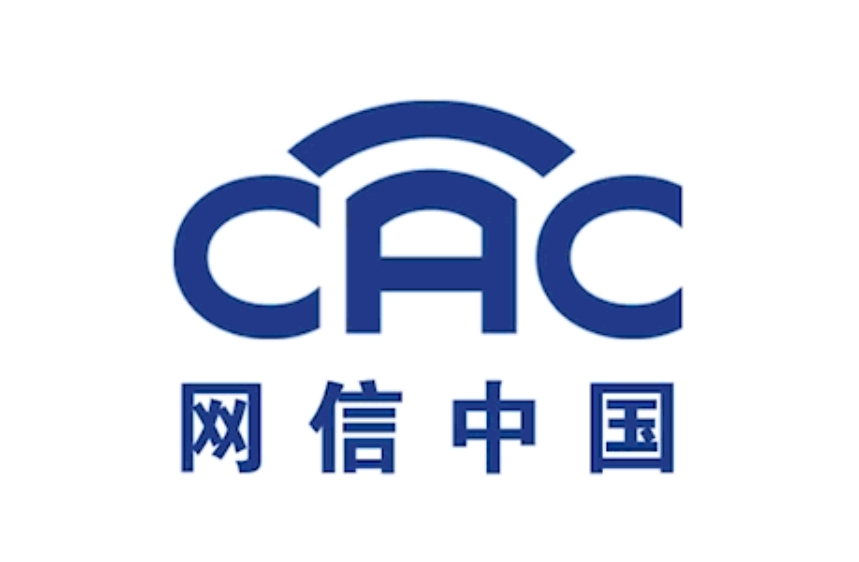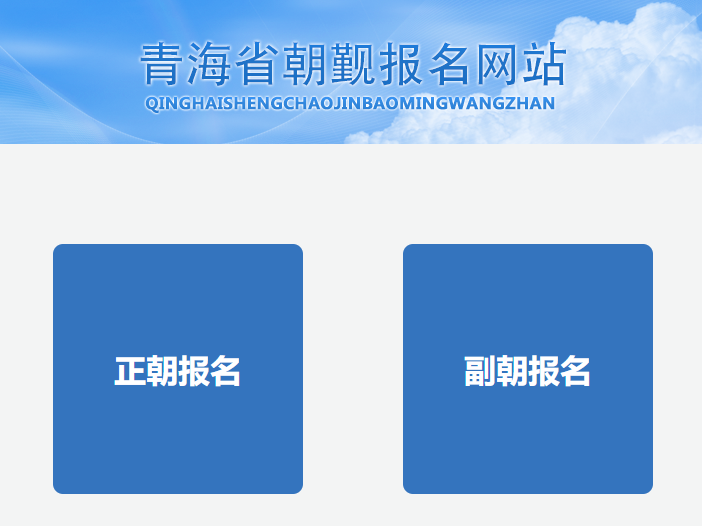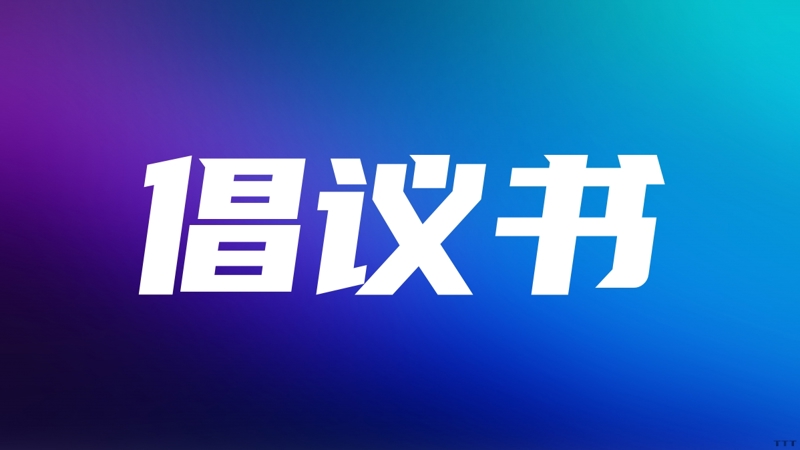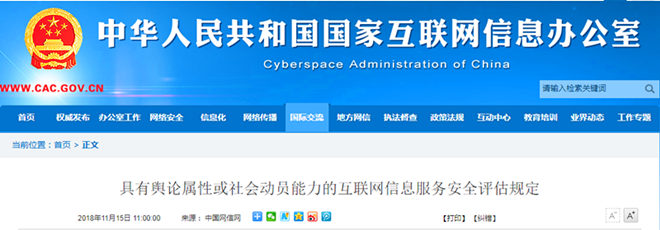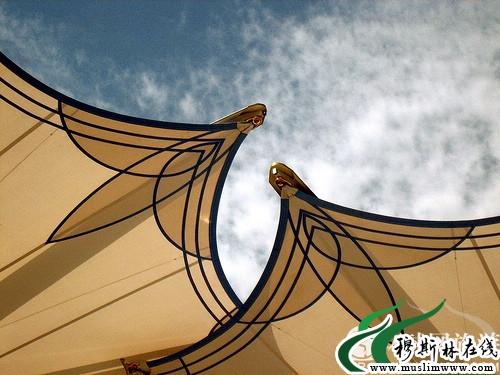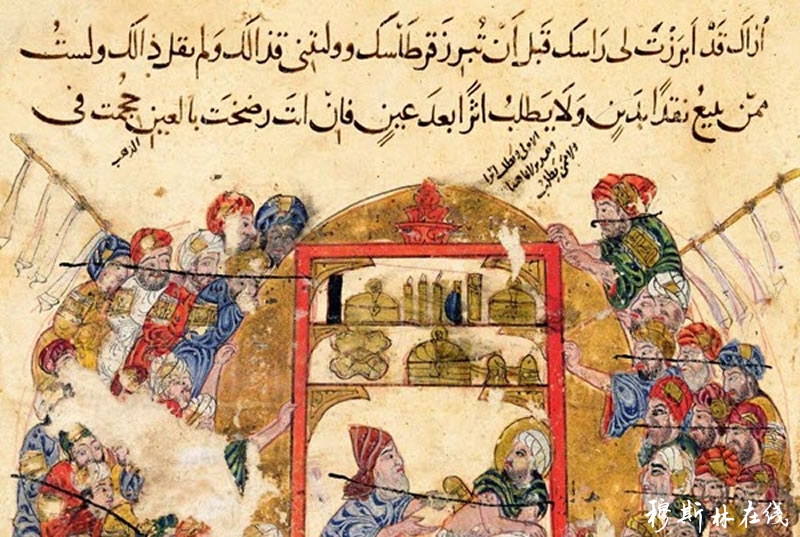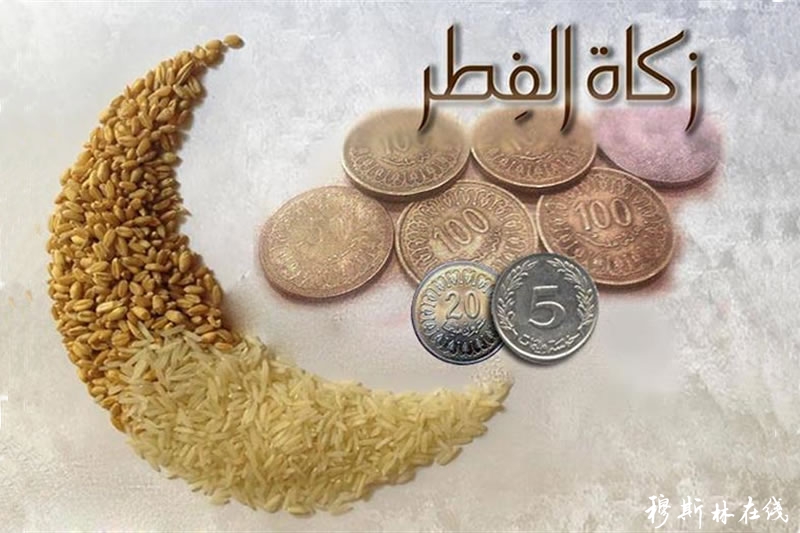-
最新 网信中国网信中国 | 2025-01-24 09:39:40
-
最新 中国伊协在线中国伊协在线 | 2024-10-25 11:10:47
-
最新 穆斯林在线穆斯林在线 | 2024-10-17 05:10:44
-
最新 青海省朝觐报名网青海省朝觐报名网 | 2024-08-19 11:38:27
-
最新 中国伊斯兰教协会中国伊斯兰教协会 | 2024-07-23 03:33:23
-
最新 中国伊协|0中国伊协|0 | 2024-06-06 05:10:30
-
最新 国家宗教事务局|0国家宗教事务局|0 | 2024-06-06 02:09:10
-
最新 中国伊协在线|0中国伊协在线|0 | 2024-06-06 07:53:15
-
最新 华夏时报网|0华夏时报网|0 | 2024-06-06 07:52:58
-
中国伊协|0 | 2024-06-06 05:10:39
-
阿语星空|0 | 2024-06-06 08:22:45
-
|0 | 2024-06-06 08:22:45
-
伊光|0 | 2024-06-06 08:22:45
-
2024-06-06 07:54:24
-
2024-06-06 07:50:43
-
2024-06-06 08:40:28
-
2024-06-06 08:40:27
-
2024-06-06 08:40:27
-
凉棚的客人|0 | 2024-06-06 08:26:01
-
|0 | 2024-06-06 08:26:01
-
伊光|0 | 2024-06-06 08:26:00
-
|0 | 2024-06-06 08:26:00
-
2024-06-06 08:45:12
-
2024-06-26 09:11:44
-
2024-06-06 08:45:14
-
2024-06-06 08:45:14
-
2024-06-06 08:45:14
-
|0 | 2024-06-06 10:03:36
-
|0 | 2024-06-06 10:03:36
-
|0 | 2024-06-06 10:03:36
-
|0 | 2024-06-06 10:03:36
-
2024-06-06 08:57:25
-
2024-06-06 05:10:45
-
2024-06-06 05:10:44
-
2024-06-06 08:57:31
-
2024-06-06 08:57:30
-
作者赐稿 | 2024-06-06 08:51:09
-
作者赐稿|0 | 2024-06-06 08:51:08
-
作者赐稿 | 2024-06-06 08:51:08
-
作者赐稿|0 | 2024-06-06 08:51:07
-
2024-06-06 07:50:54
-
2024-06-06 10:09:14
-
2024-06-06 10:09:14
-
2024-06-06 10:09:13
-
2024-06-06 10:09:13
-
穆斯林在线|0 | 2024-06-06 09:35:22
-
伊光|0 | 2024-06-06 09:35:21
-
腾讯|0 | 2024-06-06 09:35:36
-
|0 | 2024-06-06 09:35:35
-
2024-06-06 10:18:33
-
2024-06-06 10:18:37
-
2024-06-23 09:20:49
-
2024-06-06 10:10:20
-
2024-06-06 10:10:20
-
新华国际|0 | 2024-06-06 02:10:36
-
中广网|0 | 2024-06-06 02:10:31
-
《科学时报》|0 | 2024-06-06 02:10:22
-
荆楚网|0 | 2024-06-06 02:10:17
-
伊光|0 | 2024-06-06 03:45:19
-
新华社|0 | 2024-06-06 03:43:21
-
穆斯林在线|0 | 2024-06-06 03:26:02
-
|0 | 2024-06-06 05:04:58
-
|0 | 2024-06-06 05:04:57
-
|0 | 2024-06-06 04:59:06
-
义乌市青海商会 | 2025-01-30 03:35:04
-
青海日报 | 2025-01-20 10:08:28
-
海东日报 | 2025-01-20 10:04:00
-
青海拉面海外运营中心 | 2025-01-20 05:46:35
-
义乌市青海商会 | 2025-01-20 07:39:53
-
青海省伊协|0 | 2024-06-06 09:28:00
-
|0 | 2024-06-06 09:28:00
-
中国穆斯林|0 | 2024-06-06 09:27:59
-
穆斯林在线|0 | 2024-06-06 09:27:58
-
中国宗教|0 | 2024-06-06 09:27:58
-
文/薛庆国|0 | 2024-06-06 09:27:57
-
2024-06-06 10:32:24
-
2024-06-06 10:32:24
-
2024-06-06 10:32:24
-
2024-06-06 10:32:23
-
2024-06-06 10:32:23
-
最新| 2024-06-06 10:31:23
-
最新| 2024-06-06 10:31:23
-
最新| 2024-06-06 10:31:23
-
最新| 2024-06-06 10:31:22
-
最新| 2024-06-06 10:31:22
-
最新| 2024-06-06 10:31:21
-
最新| 2024-06-06 10:31:21
-
最新| 2024-06-06 10:31:20
-
最新| 2024-06-06 10:31:18
-
最新| 2024-06-06 10:31:17
-
最新| 2024-06-06 10:31:17
-
最新| 2024-06-06 10:31:17
-
最新 |0|0 | 2024-06-06 10:04:16
-
最新 手边巴黎|0手边巴黎|0 | 2024-06-06 10:04:16
-
最新 |0|0 | 2024-06-06 10:04:16
-
最新 |0|0 | 2024-06-06 10:04:16
-
最新 |0|0 | 2024-06-06 10:04:15
-
最新 |0|0 | 2024-06-06 10:04:15
-
最新 |0|0 | 2024-06-06 10:04:15
-
最新 |0|0 | 2024-06-06 10:04:14
-
最新 |0|0 | 2024-06-06 10:04:14
-
2024-06-06 10:34:34
-
2024-06-06 10:34:34
-
2024-06-06 10:34:34
-
2024-06-06 10:34:34
-
2024-06-06 10:34:33
-
最新| 2024-06-06 10:35:21
-
最新| 2024-06-06 10:35:21
-
最新| 2024-06-06 10:35:20
-
最新| 2024-06-06 10:34:48
-
最新| 2024-06-06 10:34:48
-
2024-06-06 10:06:21
-
2024-06-06 10:06:21
-
2024-06-06 10:06:21
-
2024-06-06 10:06:20
-
2024-06-06 10:06:20
-
最新 西宁非遗|0西宁非遗|0 | 2024-06-06 10:06:43
-
最新 伊光|0伊光|0 | 2024-06-06 10:06:42
-
最新 古建中国|0古建中国|0 | 2024-06-06 10:06:42
-
最新 穆斯林在线|0穆斯林在线|0 | 2024-06-06 10:06:42
-
最新 穆斯林在线|0穆斯林在线|0 | 2024-06-06 10:06:41
-
最新 穆斯林在线|0穆斯林在线|0 | 2024-06-06 10:06:40
-
最新 |0|0 | 2024-06-06 10:06:40
-
最新 穆斯林在线|0穆斯林在线|0 | 2024-06-06 09:09:46
-
最新 穆斯林在线|0穆斯林在线|0 | 2024-06-06 09:09:46
-
最新 穆斯林在线|0穆斯林在线|0 | 2024-06-06 09:09:46
-
最新 穆斯林在线|0穆斯林在线|0 | 2024-06-06 09:09:45
-
最新 穆斯林在线|0穆斯林在线|0 | 2024-06-06 09:09:45
-
网络|0 | 2024-06-06 09:37:28
-
穆斯林在线综合 | 2024-06-06 09:37:27
-
喇秉德|0 | 2024-06-06 09:37:26
-
食堂君|0 | 2024-06-06 09:37:26
-
2024-06-06 09:39:26
-
2024-06-06 09:39:26
-
2024-06-06 09:39:26
-
2024-06-06 09:39:26
-
2024-06-06 09:39:25
-
仙桃市政法网|0 | 2024-06-06 09:42:00
-
穆斯林在线综合|0 | 2024-06-06 09:42:00
-
新京报|0 | 2024-06-06 09:41:59
-
环球不知道|0 | 2024-06-06 09:41:59
-
伊光|0 | 2024-06-06 10:02:32
-
伊光|0 | 2024-06-06 10:02:31
-
中国宗教|0 | 2024-06-06 10:02:31
-
中国新闻网|0 | 2024-06-06 10:02:30
-
|0 | 2024-06-06 10:02:30
-
|0 | 2024-06-06 10:02:29
-
伊光|0 | 2024-06-06 09:55:34
-
|0 | 2024-06-06 09:55:34
-
|0 | 2024-06-06 09:55:33
-
|0 | 2024-06-06 08:22:36
-
|0 | 2024-06-06 08:48:22
-
|0 | 2024-06-06 08:48:09
-
穆斯林在线|0 | 2024-06-06 08:29:49
-
|0 | 2024-06-06 09:42:56
-
百家漫谈|0 | 2024-06-06 09:42:56
-
|0 | 2024-06-06 09:42:56
-
|0 | 2024-06-06 09:42:56
-
|0 | 2024-06-06 09:42:55
-
皖西日报|0 | 2024-06-06 09:42:55
-
青海省伊协|0 | 2024-06-06 08:51:08
-
杨兴本阿訇|0 | 2024-06-06 09:55:33
-
沙特签证|0 | 2024-06-06 09:55:33
-
穆斯林在线|0 | 2024-06-06 09:55:32
-
|0 | 2024-06-06 09:55:29
-
穆斯林在线|0 | 2024-06-06 09:55:28



